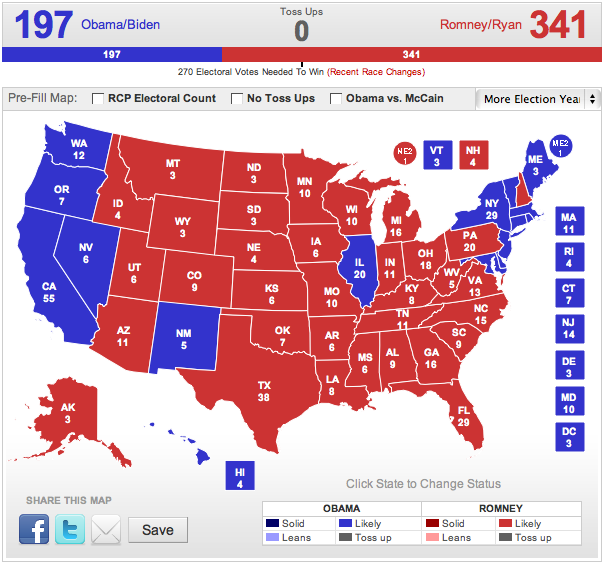Let’s start here; overregulation creates bubbles, not speculators. West Virginia University Professor of Finance, Alexander Kurov, offers an op-ed which comes to the conclusion that speculation from Reddit bros could wreak havoc on capital markets:
So markets fail sometimes, and we need sensible regulation and enforcement to make such failures less likely.
Taken in isolation, the GameStop craze is unlikely to trigger a disruption to the overall stock market, especially if its price continues to fall more in line with the company’s fundamental value. Unfortunately, this was not an isolated case. Nor was GameStop the first sign of problems.
In recent days, Reddit users have also driven up the prices of silver SI00, -2.28% and companies such as BlackBerry BB, 0.25% and movie theater giant AMC Entertainment AMC, -18.63%. Popular trading apps like Robinhood have made trading easy, fun and basically free.
The share price of Tesla TSLA, -1.16%, for example, skyrocketed 720% last year, in large part when investors bought the stock because it was already rising. This is called momentum investing, a trading strategy in which investors buy securities because they are going up — selling them only when they think the price has peaked.
If this continues, it will likely lead to more financial bubbles and crashes that could make it harder for companies to raise capital, posing a threat to the already limping U.S. economic recovery. Even if the worst doesn’t happen, large price movements and allegations of price manipulation could hurt public confidence in financial markets, which would make people more reluctant to invest in retirement and other programs.
At face value, his theory makes sense, especially in this “everyone is out of step but my Jimmy” world which government, academia, and rent-seeking businesses created (let’s call them them “the Technocracy”, just to give them a name). I might ask the Professor to read Bastiat and Hazlitt, and look for the unseen consequences of his conclusion You don’t have to look far to wonder why Reddit bros are trading speculative stocks like baseball cards. I attribute this populist interest in day-trading to three things:
1- The Federal Reserve Banking System. Artificially low interest rates encourage borrowing over thrift.
2- Cheaper Trading Platforms. Fintech has virtually eliminated all costs for active traders. The knee-jerk Read more
 Propositions Three and Seven from
Propositions Three and Seven from 

